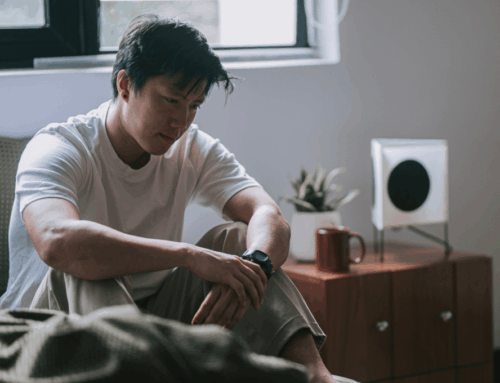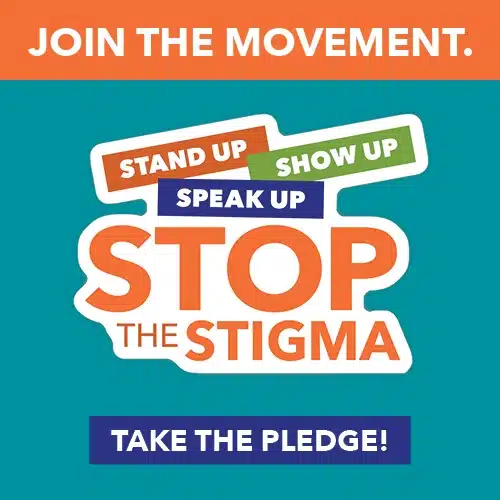Did you know your ZIP code plays a significant role in how healthy you are? Stable housing allows individuals to develop routines and connections to their local community, which are beneficial for mental health. This May, we celebrate Mental Health Month, a time to recognize the barriers and supporting factors aligned with mental health.
Mental Health America highlights “Look Around, Look Within” as the theme for this Mental Health Month, inviting individuals to learn about how surroundings can impact mental health. This blog will discuss two of the four types of surroundings. Understanding the relationship between types of surroundings and mental health can guide the effective information, resources, and support.
Safe and Stable Housing
Housing is more than just protection from the outdoor elements. Safe and stable housing is a basic need, and it can be difficult or impossible to care for your mental health if that need is not met. Stable (or secure) housing means not living in uncertainty about your housing situation and generally having a choice over when to move. The opposite of this – housing instability – can mean facing a number of different challenges, such as struggling to pay rent, overcrowding in shelters, moving frequently, or spending the majority of income on housing.
If you face the possibility of homelessness or move spaces frequently, the stress and anxiety of those situations can wear on you, especially moving without much notice. Frequent moves also make it hard to develop routines and connections to your local community, which are beneficial for mental health. For many people, not having a true “home base” to consistently return to can leave them feeling distressed, disconnected, or isolated.
What Can I Do If I’m Experiencing Unstable Housing?
- Seek support in finding housing. Each state has information on identifying services. The U.S. Department of Housing and Urban Development (HUD) has information on local homelessness assistance and help with preventing housing loss. If you meet low-income guidelines, you might qualify to live in different types of public housing. You can locate your housing authority at aordablehousing.com.
- Build your connection to self. Feeling at home in your mind can help you cope when your housing is uncertain. Having healthy routines that you can carry out almost anywhere (like deep breathing every morning or practicing gratitude before going to sleep) is a great way to establish that. Practices of mindfulness in challenging situations can help you handle what is causing stress and improve your emotional state.
Having safe, stable, and healthy home conditions set the foundation for achieving and maintaining good mental health. Oaks offers a range of residential services including over 250 supportive and transitional residences for adults and families throughout New Jersey.
Neighborhoods and Towns
It might surprise you to learn that up to 60% of your health is determined by where you live. Your neighborhood, along with your town and larger geographical region, impacts your sense of community and belonging, and determines how easily you can access the things and services you need, including for your mental health.
Feeling a sense of connection is crucial for your mental well-being. While you can find this with many people and in many places, the people you live near can provide community and social support. Your physical closeness to neighbors allows for spontaneous interactions and shared interests, which can lead to genuine friendship. Strong community among neighborhoods and nearby residents protects mental health through shared support, resources, and joy. On the other hand, you may be in a neighborhood without community, feel like an outsider, or lose your community because of gentrification – all of which can be harmful to mental health. Staying connected to your community, getting to know your neighbors, and focusing on community care can be crucial to establishing safety and connections in your neighborhood.
Get Help
Many factors come into play when it comes to mental health. This Mental Health Month, take some time to look around and look within to see how your surroundings might be affecting you. Oaks offers a variety of mental health services – if you or someone you love is struggling, consider speaking with a professional to help. Take the first step and contact our Access Center at 1-800-963-3377.









